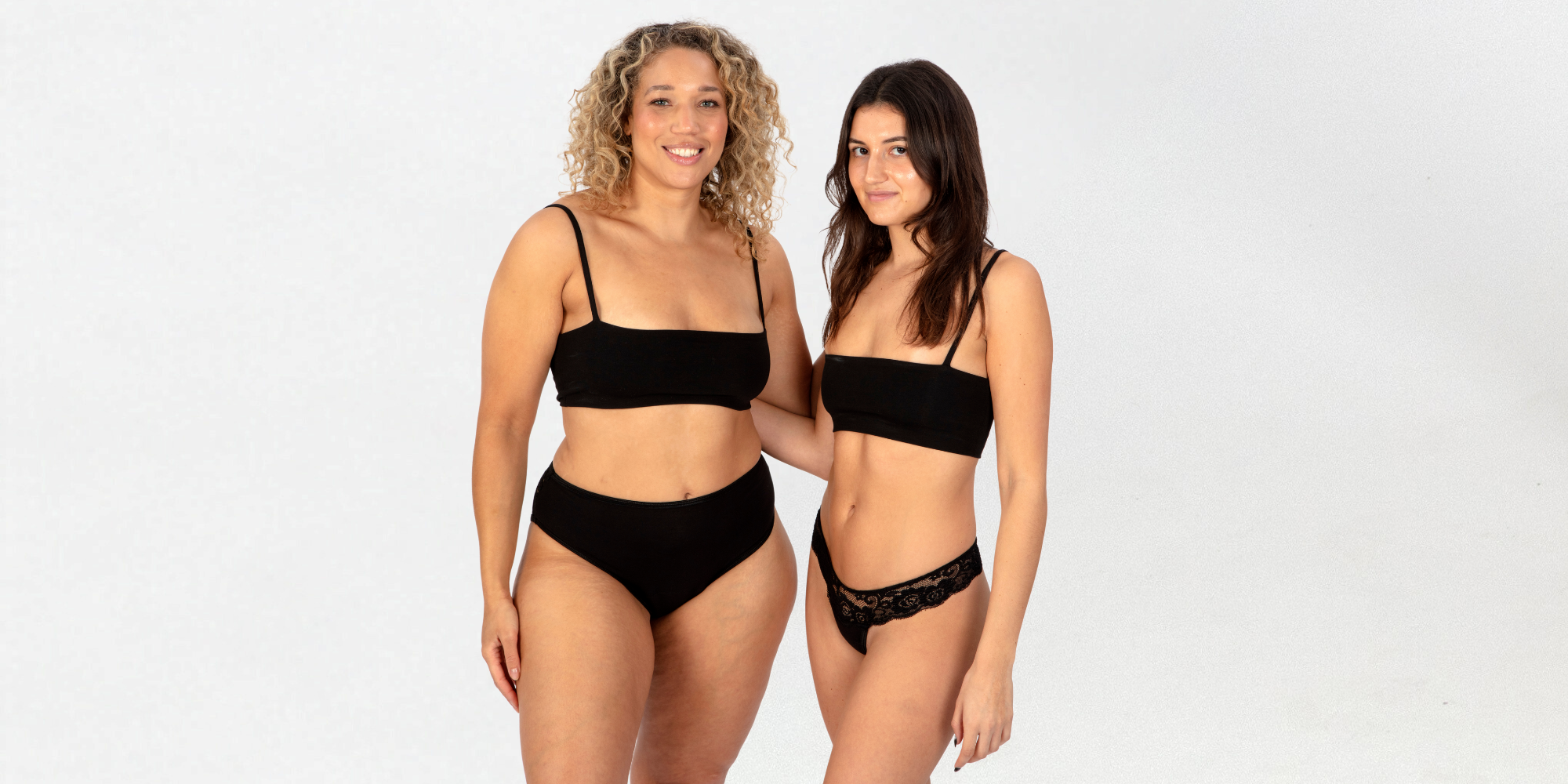Understanding Menopause: Key Signs, Symptoms, and Self-Care Tips
Menopause is a natural and inevitable part of life for women, typically occurring in their late 40s to early 50s. Understanding menopause, its symptoms, and self-care strategies can help you navigate this life stage with confidence. This guide will explore the basics of menopause, what symptoms to expect, and ways to care for yourself during this transition.
What Is Menopause and When Does It Start?
Menopause marks the end of a woman’s reproductive years and is defined as the absence of menstrual periods for 12 consecutive months. This stage is typically preceded by perimenopause, a transitional period that may begin in the late 30s to early 40s and lasts until menopause. During perimenopause, fluctuating hormone levels can lead to irregular periods and a variety of symptoms.
Read our blog on 7 changes to your period during perimenopause
The average age for menopause onset is around 51, but some factors can lead to early menopause, such as surgical removal of the ovaries, certain medical treatments, or genetics. It’s important to keep track of your symptoms and cycle to better understand the timing of your transition to menopause.
Common Symptoms of Menopause and How to Manage Them
Menopause comes with a range of symptoms caused by decreasing oestrogen levels. Knowing how to manage these symptoms can help ease this transition:
-
Irregular periods: Menstrual cycles become unpredictable during perimenopause, often varying in length and flow. Tracking your cycle can help you anticipate and keep on top of any changes.
-
Hot flashes and night sweats: Sudden heat sensations or sweating can be common. Using techniques to keep cool such as wearing breathable clothing, using fans, and drinking cold water can help manage these symptoms.
-
Mood changes: Hormonal shifts may lead to mood swings, irritability, or even mild depression. Managing stress through mindfulness practices, regular physical activity, and support from friends or therapists can be effective.
-
Vaginal dryness: Oestrogen plays a role in maintaining vaginal moisture. With lower oestrogen levels, vaginal dryness may become a concern. Over-the-counter lubricants or moisturisers can help, and if discomfort persists, consider talking to a healthcare provider about additional treatments.
For additional comfort during irregular periods or heavy flows, period pants from Ugly Pants offer a reliable, comfortable option. With styles suited for different absorbency levels, they can be an effective solution to stay comfortable and leak-free during unpredictable cycles.
Physical Changes During Menopause
Menopause affects the body in many ways beyond the menstrual cycle. Here are some physical changes you may notice and a few tips for managing them:
-
Weight gain: Hormonal shifts can cause weight gain, particularly around the abdomen. Regular exercise, including strength training and cardio, can help maintain a healthy weight. A balanced diet rich in whole foods, lean protein, and fibre can also support metabolism.
-
Hair thinning and skin dryness: Reduced oestrogen affects hair and skin health. Thin hair and dry skin are common complaints. Gentle skincare routines, rich moisturisers, and hydrating products can combat dryness. For hair, consider volume-boosting products and gentle handling to minimise breakage.
-
Breast changes: Oestrogen helps keep breast tissue firm, so some women notice a loss of fullness during menopause. Incorporating chest exercises into your routine can help enhance the appearance of firmness, and choosing supportive bras can also make a difference.
During perimenopause, having high-quality period underwear can help manage the symptoms of irregular periods with ease. The collection from Ugly Pants offers a variety of styles, from bikini briefs to high-waisted options, to keep you comfortable and secure.

Emotional and Psychological Effects of Menopause
Menopause can have an impact on mental and emotional health due to fluctuating hormones. Many women report feelings of anxiety, mood swings, or low energy during this time.
-
Recognize and accept emotional changes: Mood swings are often a normal response to hormonal changes, and acknowledging them can help ease their impact. Talking to friends, family, or a mental health professional can also be helpful.
-
Practice self-care: Prioritising sleep, hydration, and activities that promote relaxation can make a significant difference in your overall well-being.
-
Consider mindfulness and meditation: Meditation and breathing exercises can help reduce stress and maintain mental clarity.
Building a strong support network can also help. For many, menopause is a shared experience, and connecting with others who understand can be comforting.
Self-Care Tips for Navigating Menopause with Confidence
Approaching menopause with self-care and confidence can make the transition smoother. Here are some strategies to support your health and well-being:
-
Track your symptoms: Keeping a record of your symptoms can help you anticipate changes and have informed discussions with your healthcare provider.
-
Prioritise a balanced diet: A nutrient-rich diet can support hormone health and help mitigate weight gain and other symptoms. Focus on foods rich in calcium, magnesium, and vitamin D to support bone health.
-
Exercise regularly: Physical activity can boost your mood, maintain muscle mass, and support cardiovascular health. Aim for a mix of cardio, strength, and flexibility exercises.
-
Stay connected with healthcare providers: Regular check-ups can help monitor changes in your health and provide support for symptom management. Discuss any symptoms that impact your quality of life.
By practising self-care and staying informed, you can approach menopause with a sense of empowerment and readiness.
For those unpredictable cycles, consider adding reliable period underwear to your self-care kit. Ugly Pants offers a range of options designed to provide comfort and protection, making them ideal for managing changes throughout your menstrual journey.
Menopause is a significant life stage that brings various physical and emotional changes. By understanding these changes and embracing self-care, you can navigate menopause with greater ease. Remember that every woman’s experience with menopause is unique, and it’s okay to seek support if needed. From tracking symptoms to managing physical and emotional changes, you can take steps to make this transition as smooth as possible.
Whether you’re dealing with irregular periods, night sweats, or other symptoms, practical solutions like period pants from Ugly Pants can provide comfort and peace of mind. Their leak-proof, breathable designs are a sustainable choice, helping you stay confident and comfortable during menopause and beyond.



